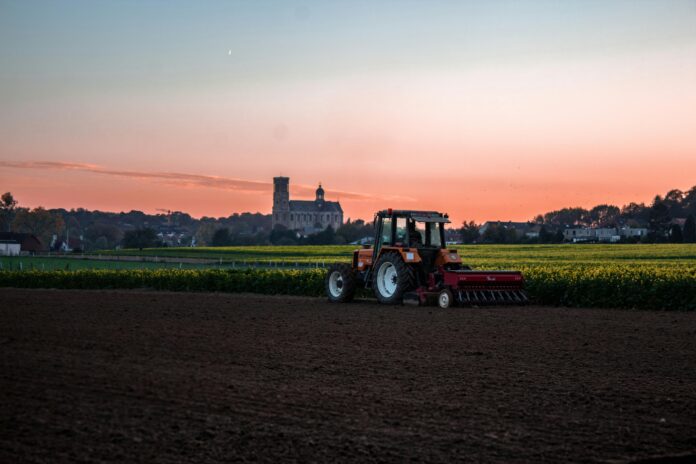What impact the ongoing Canada – U.S. tariff situation will have on local farmers is unknown, which adds to an industry that already has uncertainty.
President of Porchlight Mental Wellness Society Amy Raes says financial stress can be hard on producers and have a significant impact on mental health. Over roughly the past decade she says producers have felt the effects of increased taxation from the carbon tax, having to deal with the inheritance tax, along with an increase in other taxes.
“Especially interprovincial taxation, moving goods across the borders, just within our own country, much less over the international borders, takes a massive toll on any business, but it’s an even greater toll on our agricultural community,” Raes states. “I think one of the best ways that we can support our farmers is to buy local and support our local businesses as much as possible.”
She says there is not a lot of security in the agricultural industry because of fluctuating factors, and while producers try to plan day to day the twist is each day can look different from one to the next.
“Most farmers are trying to diversify so that they are spread across many different markets, be it grain market, even cow-calf operations, so that there’s a little bit of a mix of both and that’s to inherently support their own operations from within, but also spread out the risk a bit.”
“The difficulty is moving goods to market and that’s something that needs to be addressed within Canada, not across the provincial borders, not just into the United States.”
She says the Porchlight Society focuses on helping support members of the rural community by helping provide them with support for financial planning and mental health supports.
RELATED STORY: Eight seconds can start a conversation about mental health in a time of uncertainty
Raes suggests if you know an agriculture producer or someone who works in the agriculture industry to check on them and see how they are doing. Her suggestion is when you them how they are and they automatically respond with something along the lines of “yep, I’m good,” take a second and ask “but how are you really?” because this could open the door to a bigger conversation.







